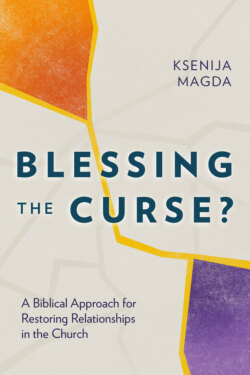Читать книгу Blessing the Curse? - Ksenija Magda - Страница 12
На сайте Литреса книга снята с продажи.
The Dragon Woman
ОглавлениеSome women, who are often more qualified and determined than their male counterparts, seek to face male structures head-on and to climb those hierarchical ladders just as ruthlessly as men. These women are often described as “emotionless,” “masculine,” or “dragon women.” As they fight for their rights, they become tough and aggressive, determined to prove that they are capable of any position – even if they need to rely on deceit, self-deceit, self-denial, violence, or destruction.
When these women reach the top of male-dominated hierarchies, they can become as brutal as men in their everyday management of their subordinates. They can be especially hard on quiet or submissive women who do not fight directly for positions, but assume them via the achievements of their men. Given the opposition, injustices, and violence that “dragon” women have had to face on their way up the hierarchical ladder, they can become ruthless executives. But these women have had to make huge sacrifices to get to the top, often giving up dreams and deep relationships with family and friends. Goddesses and matrons tend to hate the female dragon, because she rocks their safe place and points to the confines of their existence. She is a reminder that they have potential that could not be developed.
Moreover, women also get abused by the male structures. For instance, modern Western institutions that want to show an egalitarian face might appoint women to sit on their boards, but they often choose a beautiful and silent woman, often referred to as an ikebana (a “flower arrangement”).[13] This practice is not only humiliating and useless, it is also tragic and contrary to gender equality, as the women who are chosen often become objects for moral licensing – that is, they are the reason that boards, companies, and also churches feel morally entitled not to consider other capable women for such positions anymore. They have done their share of inclusion.
Women of all three types are victims of an oppressive hierarchical system that they sustain by playing along with its rules. Though the system does not satisfy anyone, everyone plays along. When men identify women as commodities, they are deprived of authentic partnerships and become objectified as providers of their livelihood and security.
